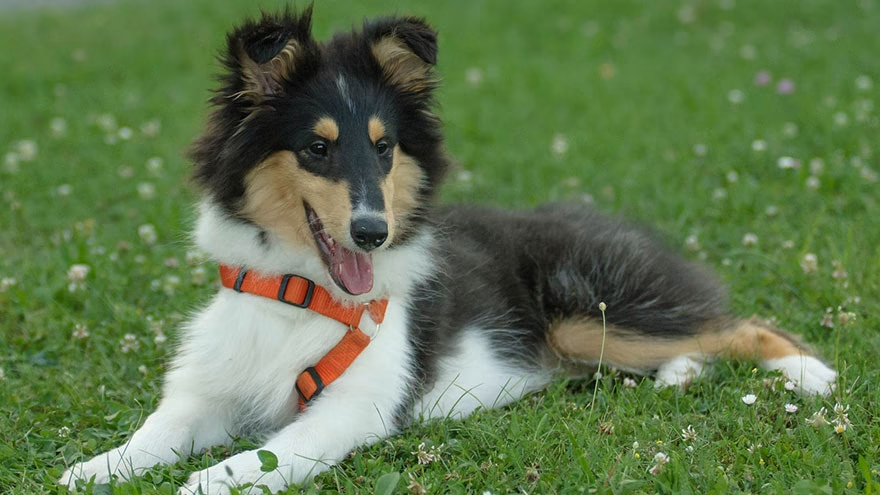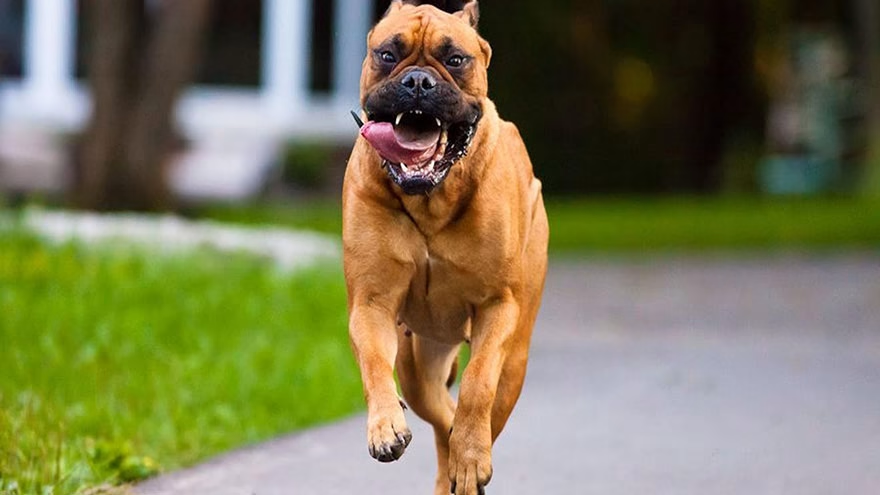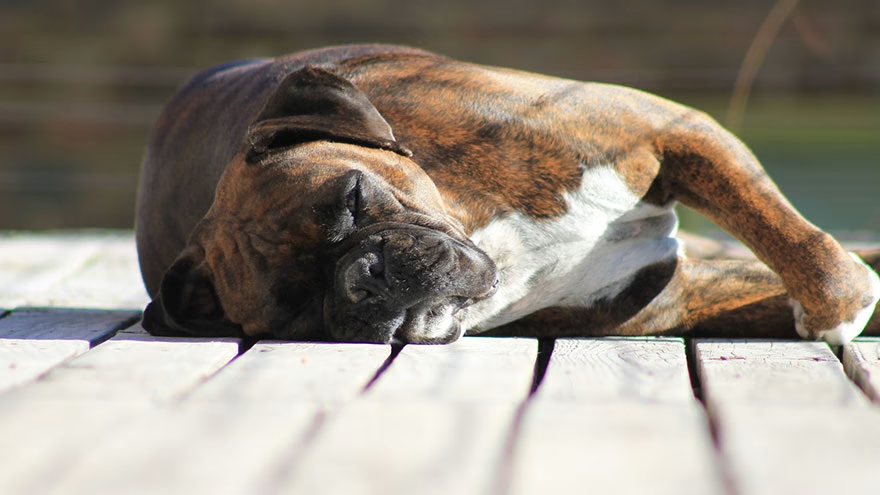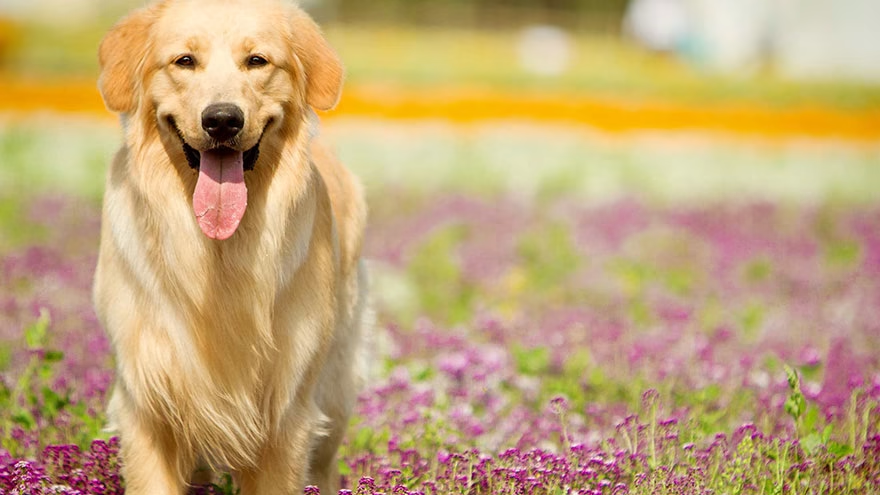To help you understand this great breed we have put together 10 common questions about the Doberman Pinscher with answers for each.
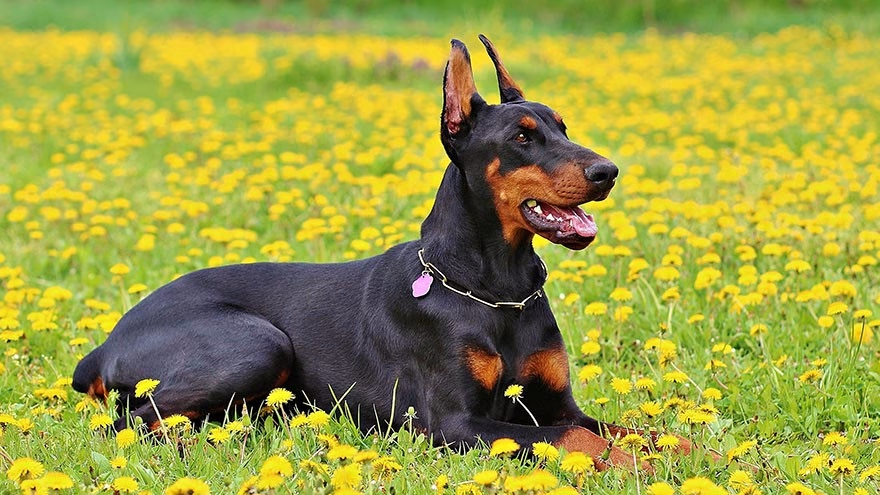
1. What İs The History And Background Of The Doberman Pinscher?
Named for the German tax collector who developed the breed as a guard dog and watchdog more than 150 years ago, Dobermans have been used as guard dogs, as assistance dogs for those who are ill or have physical limitations, and as therapy dogs for those in nursing homes and special care residences. This breed is by nature a friendly, often playful dog that can make an excellent pet.
2. What Size And Weight İs The Doberman?
The Doberman Pinscher is a medium-size dog with a compact, balanced build. Adult dogs of the breed will stand 24 to 28 inches tall at the withers, weighing from 66 to 88 pounds. The breed is a solid, balanced looking dog with a deep chest and assertive demeanor.
3. What İs The Best Way To Choose A Breeder For The Doberman Pinscher?
Most owners with experience say it is best to visit at least three reputable breeders so that you can compare how they raise and socialize their dogs. It is best to ask tons of questions to clear up any doubts or lack of information you may have.A good breeder will probably specialize in one breed and be very open to questions about health, training, and care of your pet.
4. Is The Doberman A Good Family Dog?
Doberman Pinschers have been tagged with a bad reputation with many people over the several years, but they are actually friendly and people-oriented by nature.If the breeder has been careful in raising and socializing his puppies, Dobermans are usually wonderful with adults and children. This breed does well with a yard and needs regular exercise.
5. Is The Doberman A Good Choice For People With Allergies?
The Doberman is a good dog for this situation because of their short, close hair. They are best as an inside dog and thus many of the outside irritants that cause problems are left outside.When you take your Doberman for walks and exercise, it would probably help to make sure the dog is clean and not dusty or covered with things like pollen and grass.
6. Can You Provide Me With Some İnformation As To Training And Housebreaking A Doberman?
Doberman Pinschers are considered rather easy to train, if you are firm, positive, and consistent. This dog is naturally protective, so your pet may not need additional training to serve as a watchdog.For other obedience and housebreaking, a consistent system that relies on praising the dog for good behavior is best. Remember, the Doberman also seems to do well in competitions and challenges such as agility and tracking, due to their great intelligence.
7. What Health Problems Should I Be Aware Of With My Doberman?
The Doberman and many other purebred dogs can be prone to hip dysplasia, a degenerative joint disease related to arthritis. However, a good breeder can head off this problem by using breeding parents who have been checked and cleared for this disease.In this case, both parents should be Orthopedic Foundation for Animals (OFA) certified as being free from this condition.
In addition, you may find that your Doberman has a condition called hypothyroidism in which the thyroid gland does not produce enough hormones to maintain a healthy metabolism. In this situation, a special test could be performed to confirm diagnosis and treatment by a veterinarian would help to adjust the hormone level to keep your pet growing normally.
8. What Should I Feed My Doberman?
It is important to feed this breed lean meats, fresh fruits and vegetables, and high-quality snacks. In fact, some breeders recommend feeding your purebred dog the same fresh foods you buy for yourself, prepared for the dog to eat. Just remember that many dogs are allergic to the grains in lower-priced foods.
9. What Jobs Do Working Dobermans Have?
Doberman Pinschers were originally bred to be guard dogs and watchdogs, and many are still used in those jobs today. In addition, the breed’s natural caring and intelligence make it an excellent companion for the ill and elderly, as well as a service dog for those with physical limitations.
10. Does The Doberman Pinscher Get Along With Other Dogs?
Generally, the Doberman is not a vicious dog, but this breed can be somewhat aggressive toward other dogs. Therefore, it is best to be involved with some obedience training and always keep your pet under control when out in public.Within the home environment, the Doberman can be protective of family members and property, something to consider when choosing and raising a Doberman.
Read More About Doberman Pinscher
- Doberman Pinscher Breed Information
- Doberman Pinscher Training Guide
- Doberman Pinscher Health Guide
- Owning a Doberman Pinscher : Breeder Recommendations
Save for later
Found this helpful?
Pin this article to your Pinterest board and come back to it whenever you need a reminder.
Save to Pinterest